Mehr Petro-Refinery Will Increase Gasoline, Diesel & Kerosene output
The construction of Persian Gulf Mehr Petro-Refinery, with a processing capacity of 120,000 barrels per day, is underway in Hormozgan Province to meet the rising demand for gasoline.
Located next to the Persian Gulf Star Refinery (the largest refinery in Iran), the project has registered 55% progress and is expected to be completed by 2025, ILNA reported.
With the launch of the facility, whose feed will be supplied from the South Pars Gas Field, 13 million liters of gasoline, 3 million liters of diesel and 1 million liters of kerosene will be added to the daily production capacity of the country.
The Mehr Petro-Refinery, which has been under construction by Iranian engineers for about three years, is estimated to cost over $660 million.
The facility has been designed by local experts and engineers, and all the required equipment are supplied by domestic manufacturing companies.
The Persian Gulf Mehr Petro-Refinery is located 18 km northwest of Bandar Abbas and geographically suitable, as it has good access to Shahid Rajaee Port for export.
Petro-refineries produce both fuels and raw materials for petrochemical companies. Such plants have boosted the profitability and development of petro-refineries in developed countries.
Increasing gasoline output with the construction of Mehr Petro-Refinery
Raising gasoline output is important to prevent the fuel’s shortage in the near future, because if domestic consumption continues to grow, Iran could become a gasoline importer again within a few years.
Iran imported gasoline until 2019 when Persian Gulf Star Refinery was launched and made the country self-sufficient in the production of the fuel.
However, as consumption registered an uptrend, officials expressed concern and thought of projects such as construction of Mehr Petro-Refinery to increase fuel production capacity.
The National Iranian Oil Products Distribution Company has predicted gasoline consumption to exceed 130 million liters per day by 2025.
Preventing re-import of gasoline
Iran is currently producing nearly 105 million liters per day of gasoline, some 5 million liters short of meeting daily demand in recent months.
The cheap prices of gasoline and diesel have led to a major surge in fuel smuggling across Iranian borders in recent months, forcing the country to resume limited gasoline imports from countries like Russia to redress the growing imbalance between gasoline and diesel supply and demand.
The government has predicted the deficit to rise incessantly, for which it has allocated close to $1 billion in the fiscal 2023-24 budget bill to buy diesel and gasoline from international markets.
As fuel consumption increases every year, the construction of new refineries will help cover the widening gap between supply and demand.
Increasing crude oil refining capacity
The National Iranian Oil Company has boosted its crude oil refining capacity to 3.8 million barrels per day, returning to levels not seen before the US withdrawal from the nuclear deal and reimposition of sanctions on Iran’s crude sales in 2018.
The plan to raise oil production capacity was implemented at an estimated cost of $500 million.
The money was mainly spent on digging new wells and installing submersible pumps in marginal and abandoned wells whose output level had decreased substantially.
The current capacity cannot grow unless knowledge-based firms join hands with NIOC. Agreements worth $270 million have been concluded with the Academic Center for Education, Culture and Research, a subsidiary of the non-government Supreme Council of Cultural Revolution, based on which the research center is tasked with providing NIOC with high-tech equipment and materials.
Importing gasoline to plug fuel shortage is a short-term solution and other effective measures like sending dilapidated vehicles to the junkyard and converting gas guzzlers to CNG hybrids will help reduce gasoline consumption.
Publish: May 21, 2023
If you want to order petroleum, petrochemical and chemical products from Iran, please do not hesitate to send Iran Petroleum an email.

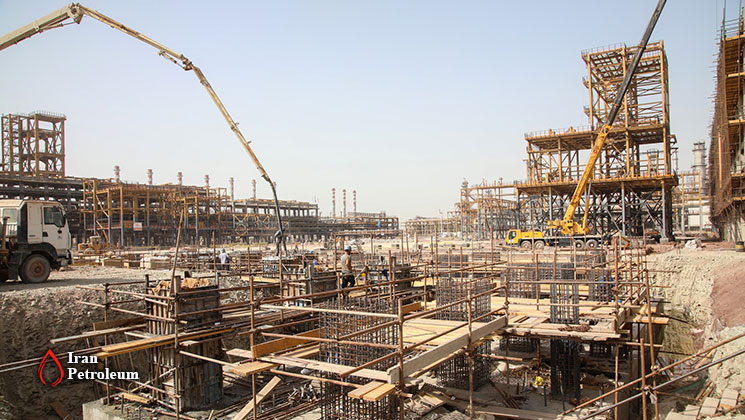
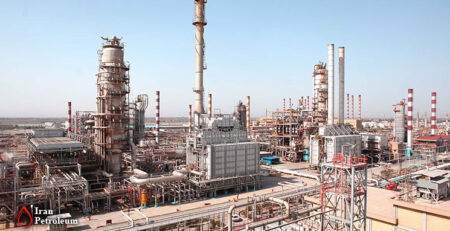
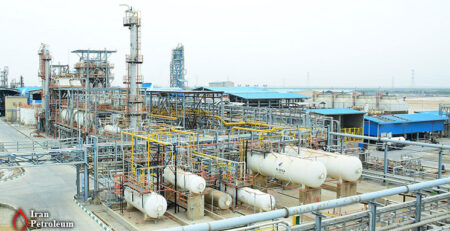
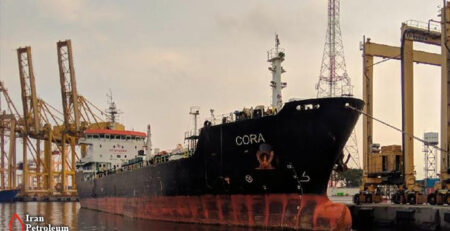
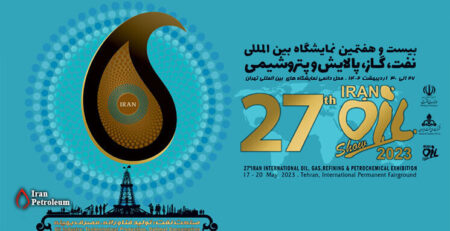
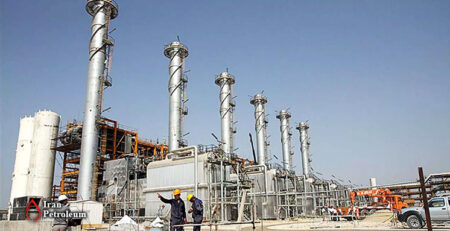
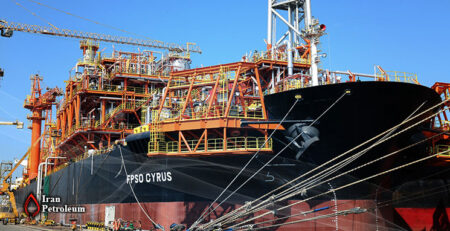
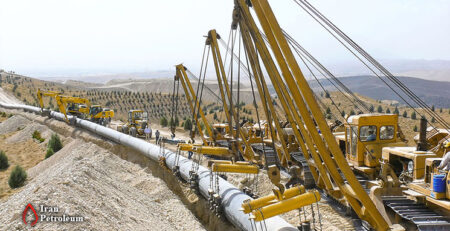
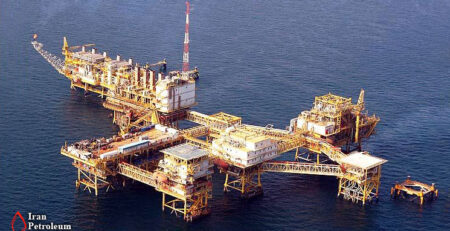
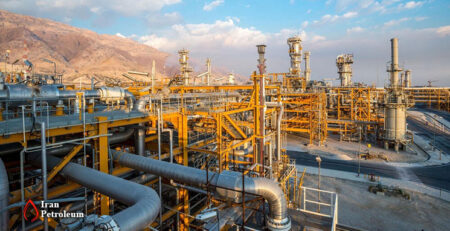
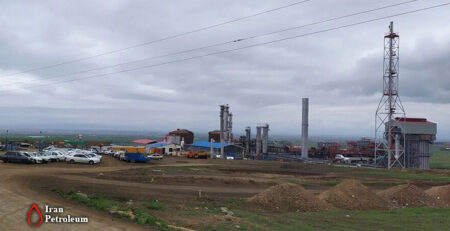
Leave a Reply